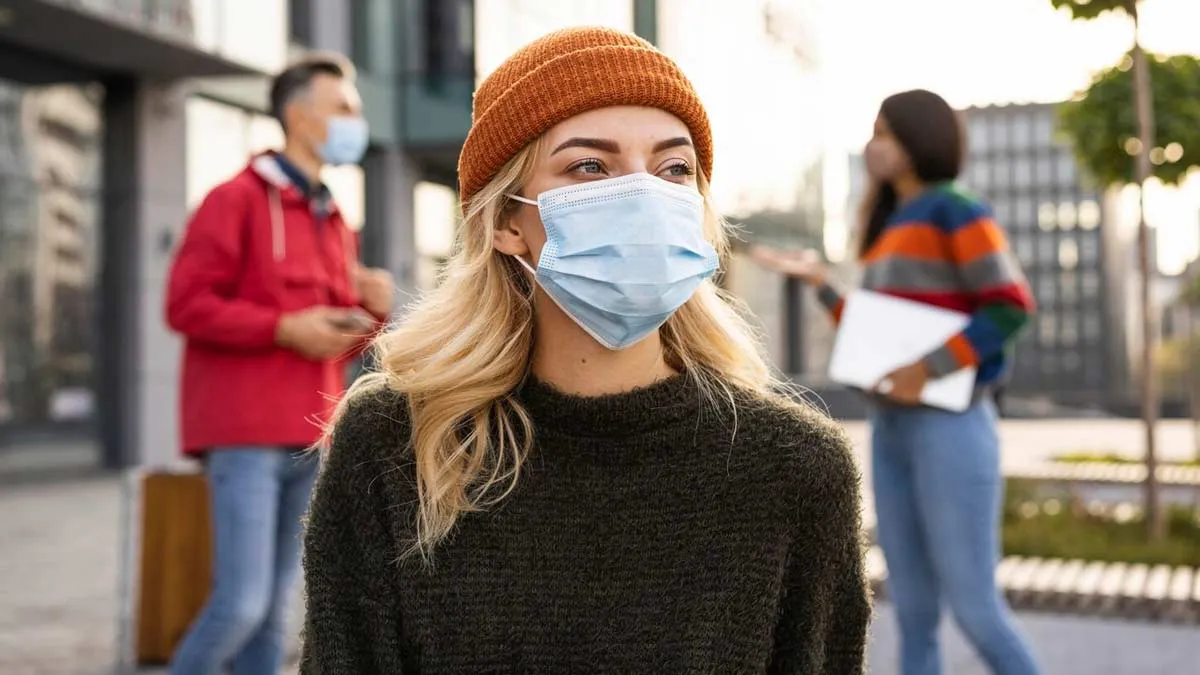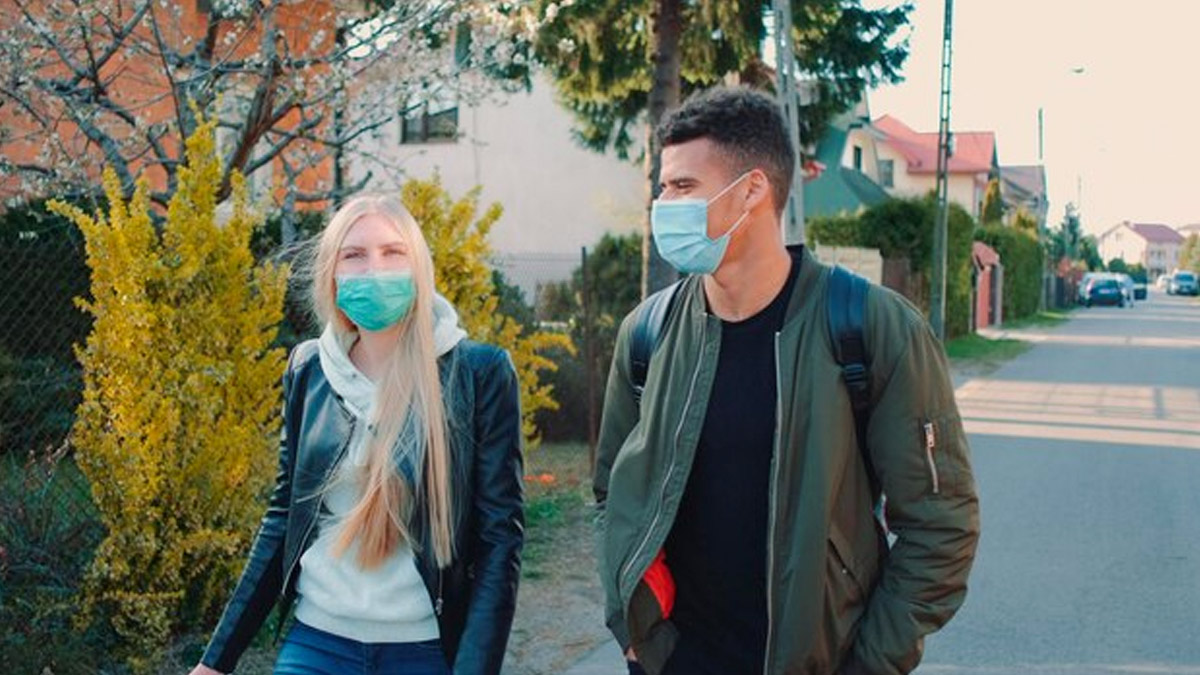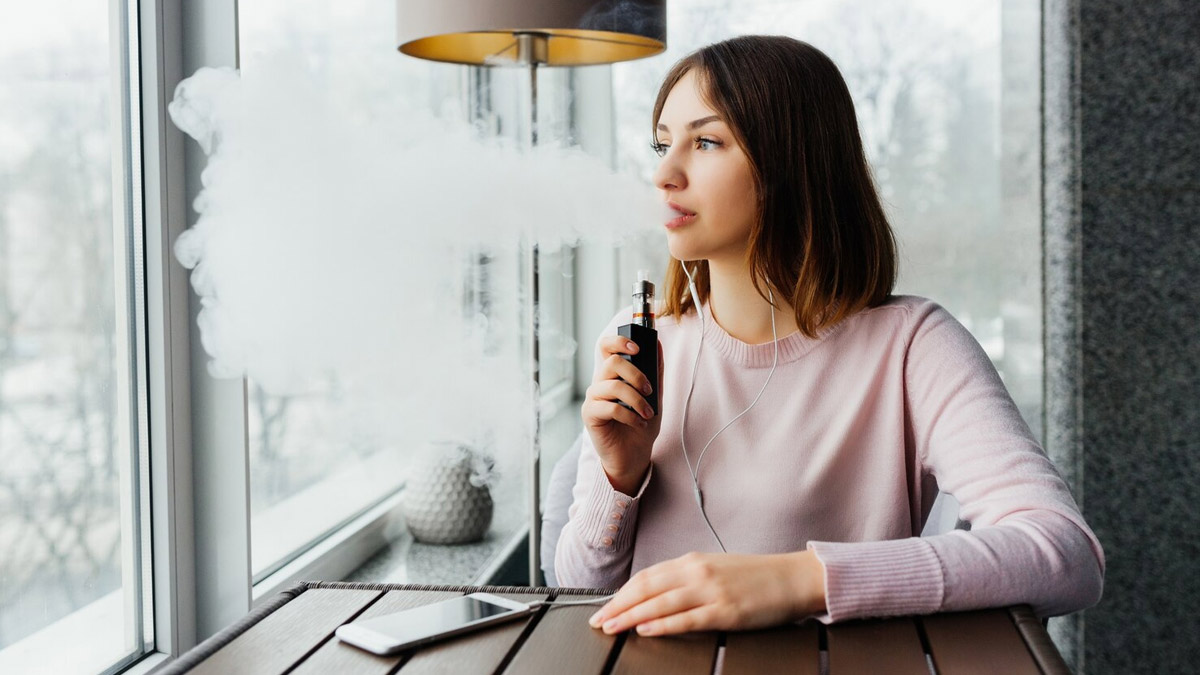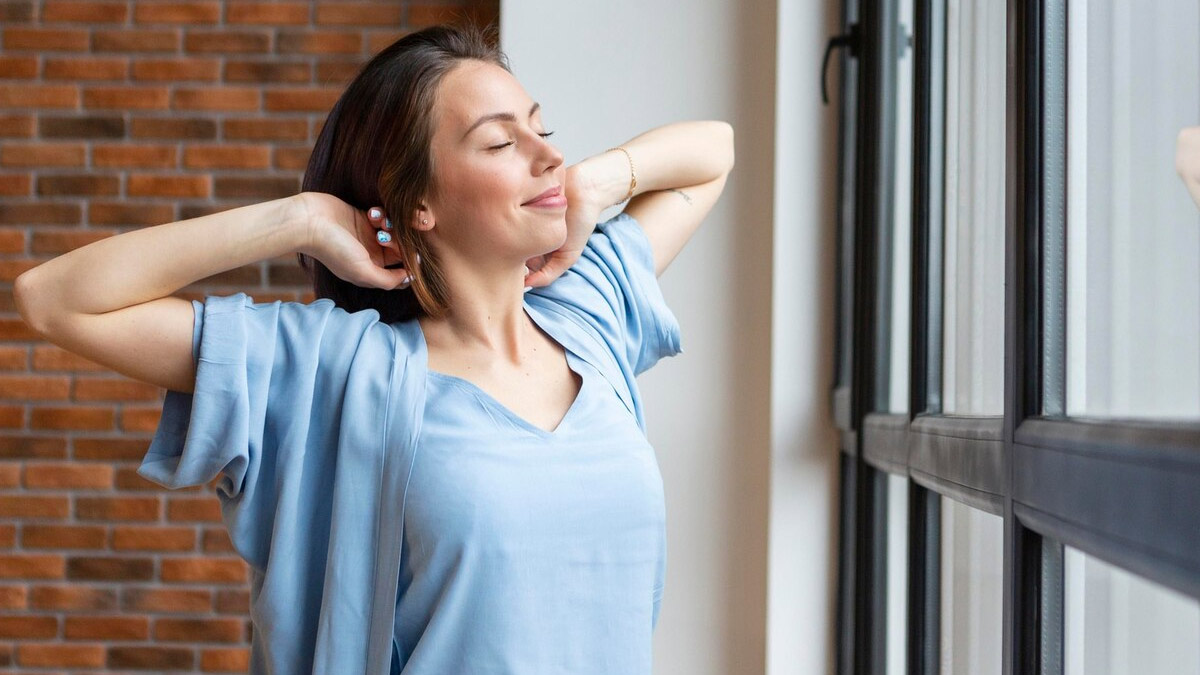
Even as mask mandates disappear and life inches back toward normal, many of us find ourselves instinctively reaching for a mask in public spaces. Social media is full of advice on ‘masking reversals’ or debates on whether it’s time to let the habit go.
Table of Content:-
If you have been wondering whether masks will outlive the pandemic, you’ve come to the right place. The answer isn’t as simple as yes or no—it depends on the environment, the risks, and your own health. We spoke to Dr Nalini Nagalla, HOD and Senior Consultant, Pulmonology and Sleep Disorders, Arete Hospitals, Hyderabad, who shared insights on the same.
Masks Beyond COVID

Masks became a sign of caution during the pandemic, but they do more than protect against one virus. “They help filter respiratory droplets, pollen, dust, and smoke—factors that can provoke coughing, asthma attacks, or other respiratory issues. Even before COVID-19, individuals with respiratory issues generally wore masks on days of poor pollution or in crowded areas. In polluted cities or when there are wildfires, mask-wearing can prevent harmful particles from entering your lungs and causing asthma, Chronic Obstructive Pulmonary Disease (COPD), or bronchitis,” said Dr Nagalla.
When Masking Makes Sense
You might consider keeping a mask handy in several situations:
- Crowded indoor spaces: Public transport, busy offices, or social gatherings during flu season.
- High-risk individuals: People with weakened immunity, chronic lung conditions, or ongoing respiratory infections.
- Polluted environments: Urban centers with high particulate matter, exposure to smoke, dust storms, or construction areas.
Wearing a mask in these situations doesn’t just reduce infection risk—it protects your lungs from invisible irritants that can accumulate over time and quietly damage respiratory health.
The Habits That Need More Attention

Even as masks get attention, other risks are often ignored. Indoor air pollution from cooking smoke, poor ventilation, or mold causes lung problems around the world. Long-term exposure can lead to chronic respiratory disease, even for those who wear masks outside. Smoking, vaping, and secondhand smoke pose even bigger risks than a mask can block. In short, masks help, but they don’t replace clean air, proper ventilation, or avoiding known lung hazards.
Psychological and Social Aspects
Some people don’t want to take off their masks even when it’s fairly safe. They might feel more comfortable or less anxious with them on, and that’s okay. “Masks can make you feel in control when you’re around others, and it can take a while to get used to not wearing one. I usually tell patients to be practical: wear a mask in crowded or poorly ventilated places, but for a walk outside or a small get-together, it’s probably fine to go without,” said Dr Nagalla.
Practical Advice for the Long Term
If you’re unsure whether to continue masking, think of it like any other protective habit: it’s context-dependent. Carry a mask, but don’t feel obligated to wear it all the time. Focus on broader lung health:

- Avoid smoking and secondhand smoke.
- Maintain good ventilation indoors.
- Pay attention to air quality reports and reduce exposure on polluted days.
- Keep vaccinations up to date, especially against influenza and COVID-19 variants.
- Masks can be a useful tool, but they work best when combined with these foundational habits.
Ultimately, masks remain a useful tool for protecting your lungs, but the focus should also be on indoor air quality, avoiding smoke, and other habits that matter even more than wearing a mask.
Bottomline
Dr Nagalla concluded, “Masking habit may outlive the pandemic for some, but not for the reasons you might think. Masks are less about a single virus now and more about protecting your lungs from the everyday insults that go unnoticed. The main point is balance: knowing when a mask really helps, while also dealing with other often-overlooked risks to your lungs. Looking at it this way lets you protect your lungs without letting worry control your day.”
Also watch this video
How we keep this article up to date:
We work with experts and keep a close eye on the latest in health and wellness. Whenever there is a new research or helpful information, we update our articles with accurate and useful advice.
Current Version
Oct 02, 2025 15:43 IST
Published By : Sushmita Sharma
